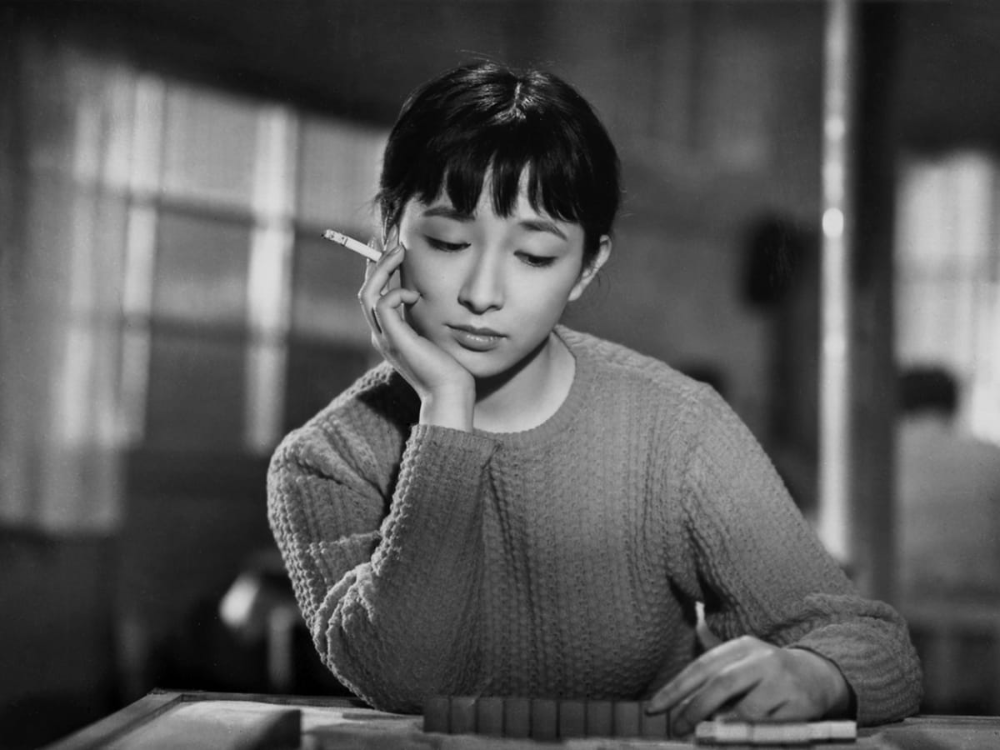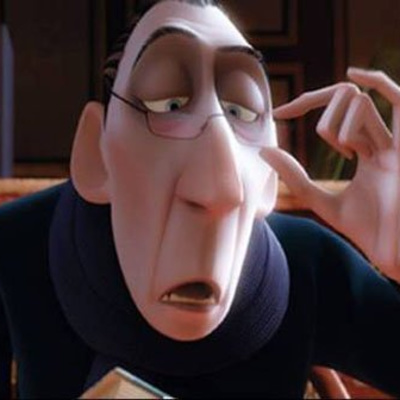By Rahul Desai
It’s really happening.
For a culture that thrives on escapism, social isolation brings with it the claustrophobic clatter of self-reckoning. There’s nowhere left to escape to. Sport is suspended, the movies have closed, the beer taps are empty and the music – as we know it – has stopped. Suddenly, the forwardness of life has stalled. All that’s left is the silence of the noise in our heads. The baggage. The reflections. The regrets. The memories. The insecurities. All that’s left is us.
It’s a complicated feeling. The currentness of today is no more adding up to a tomorrow. “Live every moment like it’s your last” is great advice when you know there are millions of moments to last. But phrases have lost their context. Every morning, I wake up, and the same day seems to be played over and over again. The human mind is conditioned to the rhythm of change. Even everyday activities are now fraught with peril. Go for a jog? Tough luck. Get some fresh air? Risky. Go to the pub? Lockdown. Meet a friend? Reckless. Fly back home? Suicidal. Go to the office? Illegal.
The first instinct, to stress about work and deadlines and ambitions and dreams, is now redundant. Overnight, we have been reduced to a lonely plurality after spending a lifetime chasing the collectivism of singularity. The next instinct, to hold and embrace your loved ones, is now irresponsible. And, in many cases, improbable. Nature yelled “Statue!” and humankind is frozen in a single position; you hold your pose and defy every single rational and irrational impulse of your being to just stay still and survive this round. The next round might just be harder.
It’s romantic to think that when this is over, we’re going to value each of these little things we took for granted. When this is over, we will meet at a park and tell jokes till the night falls. When this is over, we will clink glasses with joyous vengeance. When this is over, we will watch five movies in a row and cough without being judged. When this is over, we will stop peering into our phones and observe the people and places and voices that pass us by on the road. When this is over, we will travel and dance in public spaces. When this is over, we will hug our parents and friends and tell them we love them. When this is over, we will exercise more and eat better and wash harder and smell the coffee. When this is over, we will meet new people. When this is over, we will get married and have kids who will grow up to laugh at our stories of a global lockdown named after their favourite beer. When this is over, we will appreciate the seconds that form a minute. When this is over, we will start over.
But when will this be over? Is this supposed to be over? An entire race is trapped in a slow, painful process of becoming – rather than making – history. Millions of narratives have been vapourized, and only the flashbacks remain. But like abandoned cars in the middle of a deserted road, they’re just there. Pointing in a certain direction, evoking an empty map of the future. Where they were headed doesn’t matter anymore, so surely where they came from matters even more? Surely, the license plates are important?
I think of the time I last saw my dad in person. We hastily hugged, and he left in a cab. Is that it? Is that the last time? I can’t even succumb to a reckless urge and hop onto the next flight. There are no airplanes that will take me there. I think of the time I last watched a film in a theater hall. The irony of it being Angrezi Medium – which starred the wonderful but fragile Irrfan Khan, who has been battling a life-threatening illness himself – is not lost upon me. I think of the time I last played a sport: Cricket, more than a year ago, in a lethal set of shoes that uprooted both my toenails. I think of the time I last watched a live sport – Liverpool losing to Atletico Madrid in the Champion’s League, as I bemoaned the demise of the Reds’ perfect football season. If Jurgen Klopp’s pensive face is the last image of live sport as I know it, maybe we weren’t all so invincible to begin with. I think of the time I argued with a couple of close friends: We were supposed to meet, and we didn’t, and now I wonder when I’ll see them again. I think of the time I last saw my partner in person: At the airport, when she was catching her flight back to Delhi. For some reason, I decided to click a photograph of her standing in the queue with her trolley bag. It was the last time she would be leaving. In less than a month, after more than a year of long-distance sparring, we were finally going to live in the same city. Now that domestic flights have been suspended, I don’t know when I’ll see her next. We were so close. I think of the time the lifeguard at the local club’s swimming pool asked me if the water felt any warmer. I even think of the time I last walked to the neighbourhood market: I bought two samosas, hoping to buy one more the next day, because it momentarily convinced me that life will go on and fried food will still be my weakness. I think of time. And the futility of the hours and days and years that have gone by in anticipation of the hours and days and years ahead of me.
And I think of selflessness. And the hopeful connotations of it. So many of us aren’t catching the final flights and going back to our parents because we don’t want to be the carrier of the virus that infects them. We want to protect them, yet the only way we can is by leaving them alone. The cruel paradox of survival was always best reflected in the story of the breadwinner who works in a distant country to provide for his young family. Now it is reflected in each one of us, every time we choose to stay put and sacrifice a sense of togetherness in pursuit of a sense of permanence. We do this so that, somewhere down the line, we can wake up to reclaim the ordinariness of a day. We do this so that they live and stay healthy, and we can meet just as routinely as the sun rises. We suffer now so that we can smile later.
But for the first time in many generations, “later” is no more the opposite of earlier. It is now merely an extension of late – an adjective that best diagnoses the crisis of a planet caught off-guard. And a word that could well be the title of the film based on this pandemic – a medical thriller which we will watch with our parents and friends and lovers after this ends. A film about death that we will soon escape to, so that living becomes a little easier, and so that our suffering is postponed to a little…later.









I read two pieces back to back from Rahul Desai. Sheer incandescence.